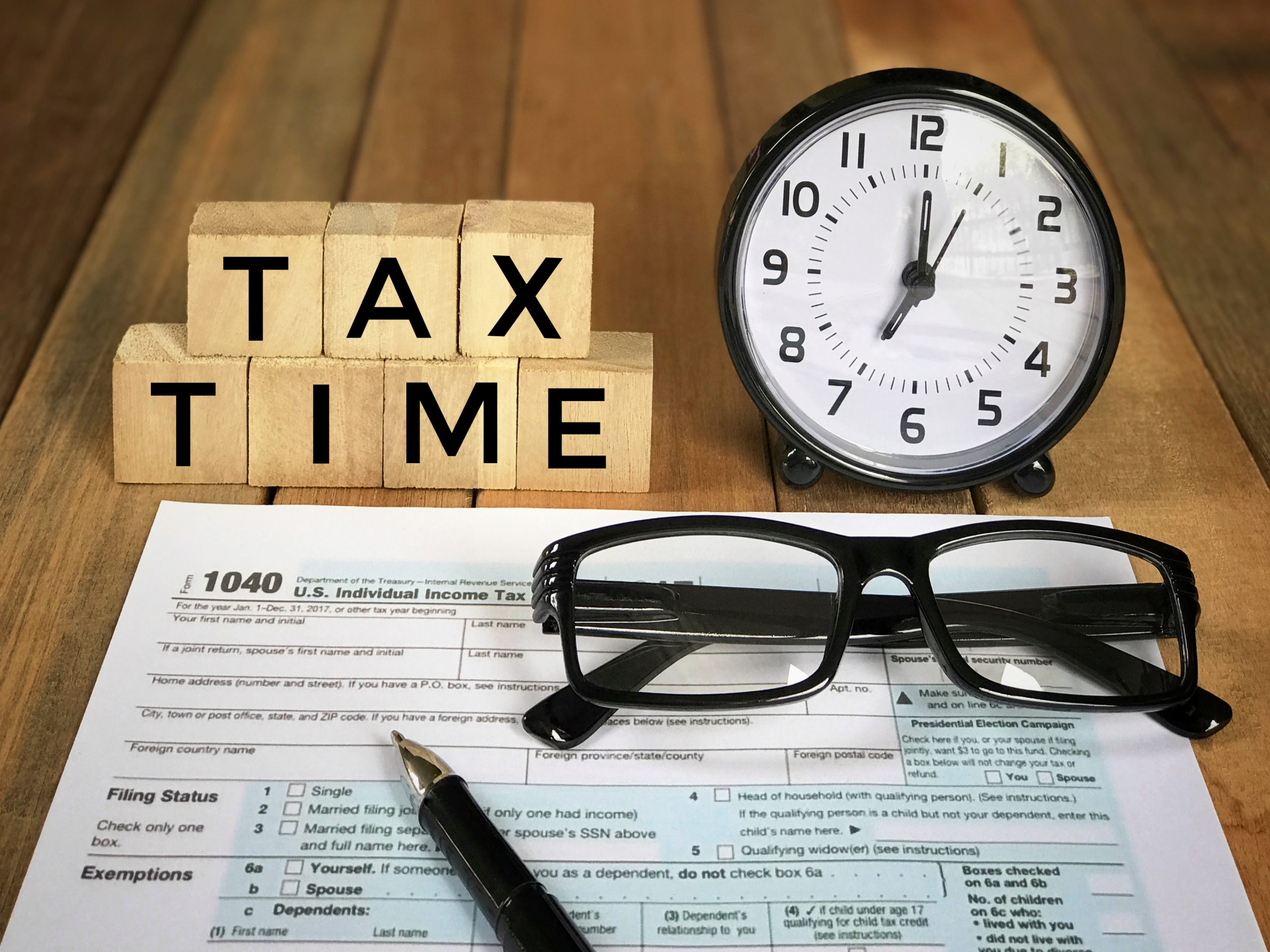Today is May 17, which due to an IRS extension is this year’s tax day. The annual deadline comes as a reminder that–while most of us scramble to pay what we owe–some of the wealthiest among us pay little to nothing in taxes. The largest corporations in the world are some of the most egregious offenders when it comes to tax avoidance, leveraging international tax loopholes to minimize their tax bill. This refusal to pay taxes owed has hollowed out public spending at a time when it’s most needed to recover from a pandemic-driven economic crisis. Debates on further stimulus will likely center around arguments against the costs of such programs. While millions remain unemployed and thousands of small businesses continue to struggle, Congress should hold multinational corporations to account and block the international tax loopholes giving corporations free license to dodge their tax obligations.
The pandemic has certainly altered public needs in many ways, but the fact stands that public services demand government revenue. Increasingly, middle class Americans and small business owners are left to pick up the tab. In fact, a report from the Center on Budget and Policy Priorities found that in 2019 only 7 percent of federal tax revenue comes from corporations: compare that to 32 percent in 1952. As their share has fallen, taxpayers face further burdens either through cuts to vital services, rising deficits, or increases in taxes elsewhere.
The pandemic economy has pushed public patience to the limit in the decades-long race to the bottom on corporate taxation. With budgets constrained by much-needed stimulus and reductions in revenue, now is the time to end corporate tax avoidance once and for all. There is already momentum to end this race to the bottom. Included in President Biden’s landmark American Jobs Plan is a provision to finally end tax incentives for offshoring, laying the groundwork for a global minimum corporate tax. Janet Yellen, the Secretary of the Treasury, has stepped up to lead the public fight in her own call to establish a global agreement on corporate tax.
In Congress, the debate goes far beyond the statutory corporate tax rate. While the 2017 Tax Cuts and Jobs Act (TCJA) set a domestic tax rate rate of 21 percent, the average rate actually paid hit an all time low of 7.8 percent. Claims that the TCJA would end companies paying zero in taxes have proven false. A report from the Institute on Taxation and Economic Policy found 55 companies that paid absolutely nothing in corporate income taxes including FedEx, Nike, and Salesforce.
In order to fully address corporate tax avoidance Congress needs to give the Administration the policy tools to get this done. One bill, the No Tax Breaks for Outsourcing Act (H.R. 1785 / S. 714) has gained overwhelming support with more than 100 co-sponsors in the House — the majority of the Democratic caucus – and several more in the Senate. The bill would carry out President Biden’s goal to eliminate tax incentives in the TCJA that encourage companies to shift jobs and profits offshore. By one estimate, this profit shifting costs U.S. taxpayers at least $77 billion a year — resources that should be funding critical public investments in healthcare, education, infrastructure, and other priorities.
Another bill, recently reintroduced, aims to shed light on corporate tax secrecy and the rampant tax avoidance that it fosters. The Disclosure of Tax Havens and Offshoring Act (H.R. 3007 / S. 1545) would require public corporations to disclose key financial data on a country-by-country basis, giving lawmakers and the public helpful information to inform the debate on international tax reform, including disaggregated data from multinational corporations that shift profits and jobs offshore. Led by FACT, a coalition of nonprofits, small businesses, and investors representing nearly $3 trillion dollars of assets under management – wary of the financial, regulatory, and systemic risks posed by multinational tax avoidance – have come out in support of the legislation. Congress should pass both bills as part of any legislative initiative to end incentives to move profits and jobs offshore.
Lawmakers should not waste this opportunity. After more than a year in the pandemic, the hope is that the next year will bring about a better economy for all. While we all finish our taxes this year, we should remember that the funds needed to support investment in our communities already exist. Now is the time to bring an end to decades of corporate tax avoidance that has pilfered public coffers and invest in our future.

